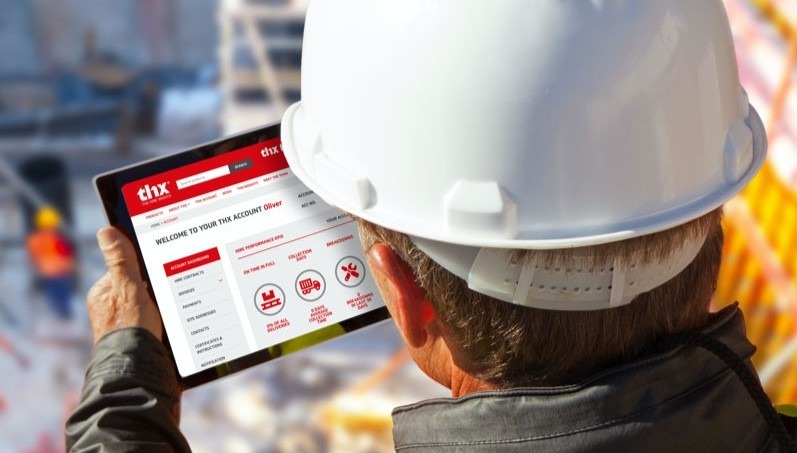In the fast-paced world of construction, time is often the most critical factor. Delays can lead to increased costs, frustrated clients, and missed opportunities. Therefore, achieving time efficiency in construction is not merely a goal; it’s a necessity https://www.konstruktionshjalpen.nu/. This article will explore various strategies and methodologies that construction companies can employ to ensure projects are delivered on schedule, emphasizing the importance of time efficiency in the industry.
The Significance of Time Efficiency in Construction
Time efficiency in construction refers to the ability to complete projects within the established timelines without compromising quality or safety. The significance of this efficiency cannot be overstated. For contractors and developers, timely completion is vital for maintaining budgets and profit margins. For clients, it means they can move into their new spaces or resume their activities without unnecessary delays. Additionally, timely project delivery enhances a company’s reputation, leading to repeat business and referrals. In an industry where competition is fierce, being known for reliability can be a game-changer.
Comprehensive Project Planning
The foundation of time efficiency lies in comprehensive project planning. Before any physical work begins, it is crucial to develop a detailed project plan that outlines every phase of construction. This plan should include timelines, resource allocation, budget estimates, and risk assessments. Using project management software can streamline this process, enabling teams to create visual timelines and allocate tasks effectively. Moreover, involving all stakeholders—including clients, subcontractors, and suppliers—in the planning process ensures everyone is aligned on expectations, thus minimizing misunderstandings later on.
Utilizing Modern Technology
In today’s digital age, modern technology plays a pivotal role in enhancing time efficiency. Building Information Modeling (BIM), for example, allows construction teams to visualize projects in a 3D environment, which aids in identifying potential issues before they arise. Drones can be used for site surveys, while mobile applications enable real-time communication among team members. These technologies not only save time during the construction phase but also improve accuracy, reducing the likelihood of costly rework. Embracing such technological advancements can significantly accelerate project timelines while maintaining high standards of quality.
Effective Resource Management
Time efficiency in construction also hinges on effective resource management. This includes not just human resources, but also materials and equipment. Properly scheduling labor, ensuring that skilled workers are available when needed, and minimizing downtime are all critical elements. Moreover, maintaining good relationships with suppliers ensures that materials arrive on time and are of the required quality. Implementing just-in-time delivery methods can also help reduce storage needs on-site, allowing for smoother workflows and quicker project completion.
Communication and Collaboration
Open lines of communication and effective collaboration are essential for time efficiency in construction. Miscommunication can lead to delays and mistakes, making it imperative for all parties involved to be on the same page. Regular meetings and updates help ensure that everyone is informed about project progress and any challenges that may arise. Furthermore, fostering a collaborative culture encourages team members to share insights and problem-solve collectively. Utilizing project management tools that allow for transparent communication can facilitate this collaboration, ensuring that issues are addressed promptly.
Risk Management and Contingency Planning
Construction projects are inherently fraught with risks, from weather-related delays to unforeseen site conditions. A robust risk management strategy is essential for maintaining time efficiency. Identifying potential risks during the planning phase allows teams to develop contingency plans. This proactive approach can help mitigate the impact of delays, ensuring that projects stay on schedule even when unexpected challenges arise. Regularly reviewing and updating these risk assessments throughout the project lifecycle is also crucial, as it enables teams to adapt to new developments effectively.
Continuous Monitoring and Adaptation
To ensure that a project remains on schedule, continuous monitoring of progress is essential. This involves tracking key performance indicators (KPIs) related to time, quality, and resource utilization. By regularly comparing actual progress to the project timeline, teams can identify areas where adjustments are needed. If certain tasks are falling behind, it may be necessary to allocate additional resources or adjust schedules to keep the project on track. Flexibility and the willingness to adapt to changing circumstances are crucial traits for a successful construction team.
Learning from Experience
Finally, one of the most effective ways to improve time efficiency in construction is by learning from past projects. After completing a project, conducting a thorough post-mortem analysis can reveal valuable insights into what worked well and what didn’t. By identifying successful strategies and areas for improvement, construction companies can refine their processes for future projects. This continuous improvement mindset fosters a culture of excellence and efficiency, ultimately leading to better time management and project outcomes.
Conclusion
Time efficiency is a critical aspect of successful construction projects. By prioritizing comprehensive planning, leveraging modern technology, managing resources effectively, fostering communication and collaboration, implementing risk management strategies, and continuously monitoring progress, construction companies can significantly enhance their ability to deliver projects on schedule. Moreover, learning from past experiences allows for ongoing improvement in processes and practices. In an industry where time truly is money, adopting these strategies not only benefits construction companies but also leads to increased client satisfaction and long-term success. As the construction landscape continues to evolve, embracing time efficiency will remain a key differentiator for businesses aiming to thrive in a competitive market.
